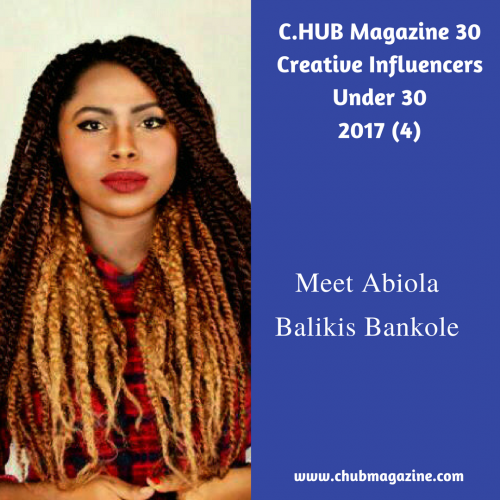
In this interview with C.Hub Magazine, Abiola Balikis Bankole, the publisher of Afrokanist Magazine gave us insight on her journey and how she started Afrokanist magazine, amongst other things she has started.
Abiola received her Bachelor’s Degree in Social, Cultural and Political studies from Goldsmiths, University of London in 2015. During her time at Goldsmiths, she founded the Pan-African Society to advocate and celebrate the rich culture and history of Africa and the diaspora.
Under her stewardship, the Society hosted a number of black leaders from Africa and beyond, including Mr Irvington (ex -member of Black Panther Civil right movement in America) , Ms Samia Nkrumah (Ghanaian politician and chairperson of the Convention People’s Party, also daughter of Ghana’s first president, Kwame Nkrumah) and Mr Lorenzo Lazarus (political leader and activist against pollution in Niger Delta, Nigeria).
In her final year of studies, she launched Afrokanist Magazine, a bi-annual publication showcasing youth culture and creative arts to present challenging and engaging dialogues for Africans, by Africans. Not one to rest on her laurels, she also co-founded Sista Sista, a charity focused on uniting, empowering and celebrating Black women who are survivors of mental illness.
C.Hub Magazine had an educative interview with this 30 under 30 creative influencer, Abiola Balikis Bankole
Enjoy the interview!
- What is your inspiration?
I am inspired by go-getters of all ages, but more so, I am inspired by my childhood in Nigeria and the diversity and abundance of cultures and people.
2. Could you describe what you do, your role?
As a content creator, I wear many hats. My job involves creating contents, research, carrying out interviews, and sub-editing, most importantly generating ideas for new ways of doing things, such as implementing ways to increase readership and how to utilize new media.
Whenever a social function happens within African and Black youth settings, I try my best to attend.
• Finding content and contributors
• Writing content and contributing to the magazine
• Interviewing influential people
• Editing content
• Dealing and responding to emails directly from our readers
• Providing a platform for local businesses to promote their business
• Brand development and website traffic growth
• Structuring the information in the most effective way
• Checking facts and references
• Preparing a document for design and layout
• Arranging meetings with Sales, Advertising assistant, and creative director
Also as a communication specialist, my role varies depending on the organisation I work with, but my responsibilities are:
-
Developing effective corporate communication strategies
-
Managing internal communications
-
Drafting contents such as press releases and newsletters
-
Organizing events and arranging press conferences
-
Liaise with media and handle interviews.
3. At 40 what do you hope to achieve?
The land wasn’t given to us by our ancestors, it was borrowed from our children. With everything I do in life I always look to the future, my life’s mission is to create opportunities for those that will come after me. At the age of 40, I aim to have at least six Afrokanist Media hubs in west Africa, a hub that provides opportunity in STEAM, Media education and apprenticeship. Also at age 40, I really should be married (that would make my parents happy) with at least 3 kids, hopefully living somewhere in Africa with my family and have an investment in Agriculture and youth employment.
4. 5 years back did you see yourself where you are today?
5 years back I was preparing myself for the university, I was in my last year of college, I was preparing to study Social work, I didn’t imagine I would be running a magazine, or I would be an activist. But, I did know that whatever I ended up doing it would be working to serve young people.
5. Tell us more about your journey.
My journey started from Lagos, Nigeria. A curious happy child, I am a child that you could say was raised by the village, my parents lived abroad so I was raised by my grandparents, uncles, aunties, neighbours, teachers, market sellers, family friends etc. I was blessed with the abundance of cultures around me. But my journey began at Eton Primary School in Lagos, Nigeria, where I was taught the importance and supremacy of the English language and the Western world, at the time it was common for students to be punished for speaking their native language in the school premises. Additionally, words such as land of gold, developed, first world, land of honey, white, civilised, rich, beautiful, holy and wealthy, etc were used to describe the Western world, specifically in my case London, these words installed a reality in my young mind, I aspired to travel and live in London.
Upon arriving in London just in time to start secondary school, I was faced with a new narrative and the English language that gave me ‘comfort’ or a ‘dream’ of a better world is now being used to oppress me and to exclude me, words such as freshie, fresh off the boat, ugly, dark, slave hair, nappy, kinky hair, big lips, weirdo, poor, stupid and not civilised enough were used to describe me. Now, what was even more troubling about the situation was that I was called these words by fellow black students, I was discriminated against by my fellow Africans and black people, my first few years of secondary school was very lonely and confusing which led to my dislike of black people at the time.
I, like a sponge soaked in the negative words and I was prepared to do anything in my power to assimilate. Through observation, I saw that other black girls had relaxed hair, had lighter skin, so I mirrored what I saw at the time.
I then graduated to college, I distant myself a bit from black people, this carried on for about 2 and a half years, till I met a few international students from Nigeria and Equatorial Guinea, I remember an incident where a Nigerian student called me his sister and I was taken back and refused that title, I would prefer not to be associated with Africans or Black people, however through determination and persuasion this particular student introduced me to the concept of Pan-Africanism, I slowly started to take in new information and was exposed to words that I would not have imagined could belong in the same sentences, words such as black and beautiful, black and educated, black and powerful, Africa and development, Africans and scientist, black doctor, black astronaut, black multi-millionaire business women, Africa and rich history.
Soon after I attended an afro hair show, which led to the decision to cut my relaxed hair, I was envious of the black women with healthy beautiful afros, my hair started to grow, free of chemicals, this led to a greater self-love and self-discovery, my identity and perspective was starting to shift, but what accelerated this growth was also a friend who refused to communicate with me at one of our outings unless I spoke to her in Yoruba, I was scared to speak my language, firstly I haven’t spoken Yoruba since I stepped in London, secondly I was still battling with the idea of English being supreme, but after few hours of boredom, I eventually spoke in Yoruba and at that moment I found my tongue, I found my gut, and felt free.
I started a pan-African society in my 2nd year of uni, the mission was to change the narrative, because until then I didn’t realize the obvious reality that Africans are being hunted, in and out of Africa through media, through schools, miseducation, culture, politics, economy and spiritually, so I said to myself that I am tired of being hunted, our ancestors, our parents and us, we have all come a long way from slavery, colonization and false charities, it is time for the lion to start writing its own narrative and disapprove of the hunters narrative. But, getting the university to approve of the pan-African society was not the easiest task, after few petitions and the help of members of the Pan African student union and SOAS pan-African society we won and the university approved of the pan African society.
Under my stewardship the Society hosted a number of black leaders from Africa and beyond, including Mr Irvington (ex -member of Black Panther Civil right movement in America) , Ms Samia Nkrumah (Ghanaian politician and chairperson of the Convention People’s Party, also daughter of Ghana’s first president, Kwame Nkrumah) and Mr Lorenzo Lazarus (political leader and activist against pollution in Niger Delta, Nigeria).
In my final year of studies, Afrokanist Magazine was launched a bi-annual publication showcasing youth culture and creative arts to present challenging and engaging dialogues for Africans, by Africans and our slogan is not only that every story matters, but more importantly it is vital that we take ownership of our narratives, unlearning and redefining ourselves through our culture
6. Who is your role model?
The list never stops growing, but here we go, Winnie Mandela for so many obvious reasons as well as her beauty and the beauty in her strength, Beyonce for her amazing work ethics, Chimamanda Ngozi Adichie because her stories her relatable, she represents my generation through her work, a multi-cultured and fearless generation, Ngozi Thompson she is kind hearted and a go-getter, my little sister Olajumoke Bankole, she is so young, so strong, so smart and wise, my parents, they are resilient and hardworking, Faustina Bon her work ethic is inspiring and motivating, Yemi Alade and Omotola Jolade.
7. What is your career highlight so far?
Successfully launching my dream and selling over 800 copies of Afrokanist Magazine, being able to inspire and relate to other black women my age through my work and meeting other amazing creative individuals. Also being on Somewhere To Hall of Fame was amazing, as well as receiving an Award from my university, Goldsmiths University.
8. What is fascinating about your job?
Fascinating, erm the people I meet, people are so strange and it is absolutely beautiful.
What can you tell young people who are still struggling to find their vision?
For me, finding my vision came from wanting to solve a problem and create a better world, it is best not to chase money. Visualise how you can create a better future; could be through art, literature, fashion, music, trust me you were born to impact and make a difference, don’t be hard on yourself and walk, work, breath in purpose.
9. Where can one find you?
Our site is www.afrokanistmagazine.com
You can find me on Instagram @afrokanistmagazine @balqis_banky
Facebook- Afrokanist Magazine, Abiola Balikis Salawe Bankole
Twitter- @afrokanistmagaz
Or email info@afrokanistmagazine.com or afrokanist@gmail.com

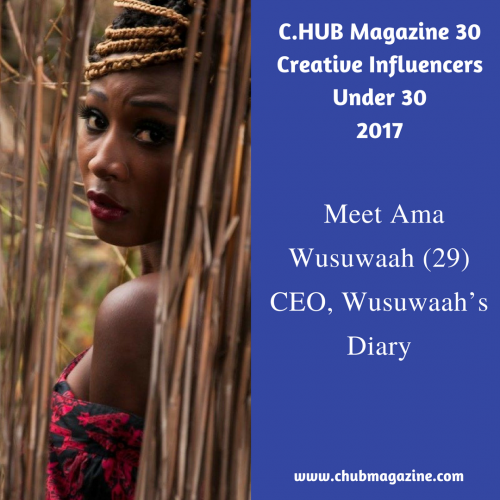
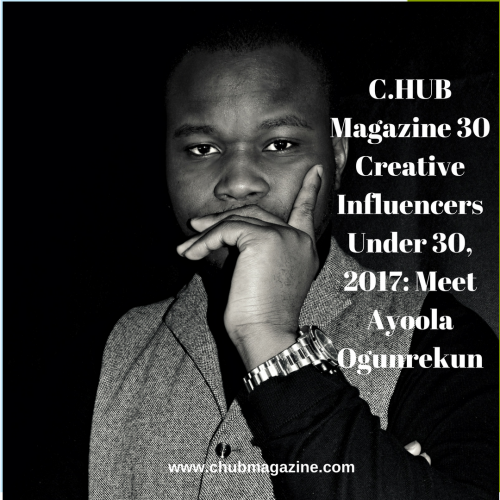
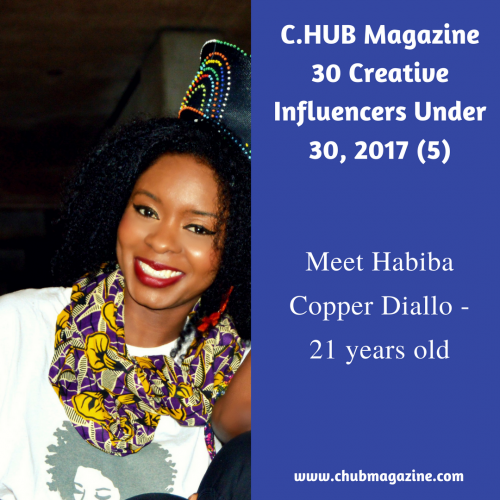
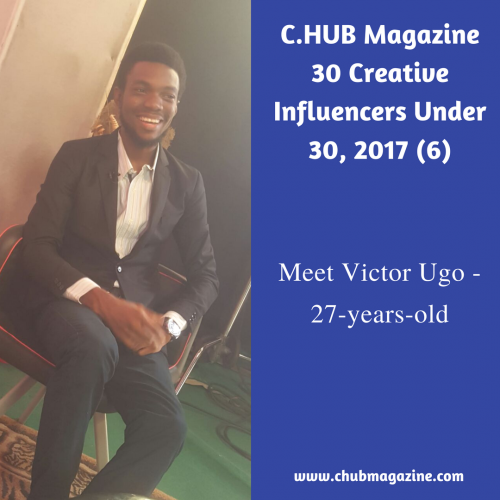
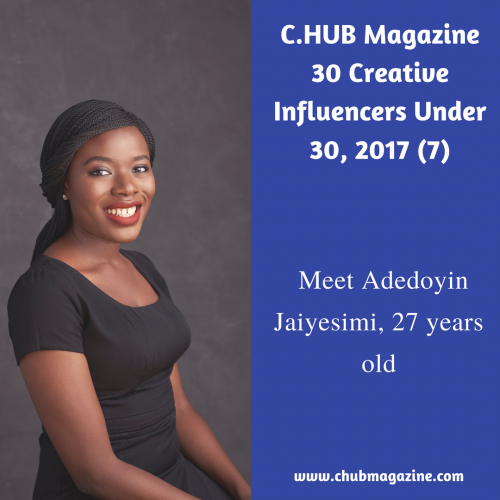



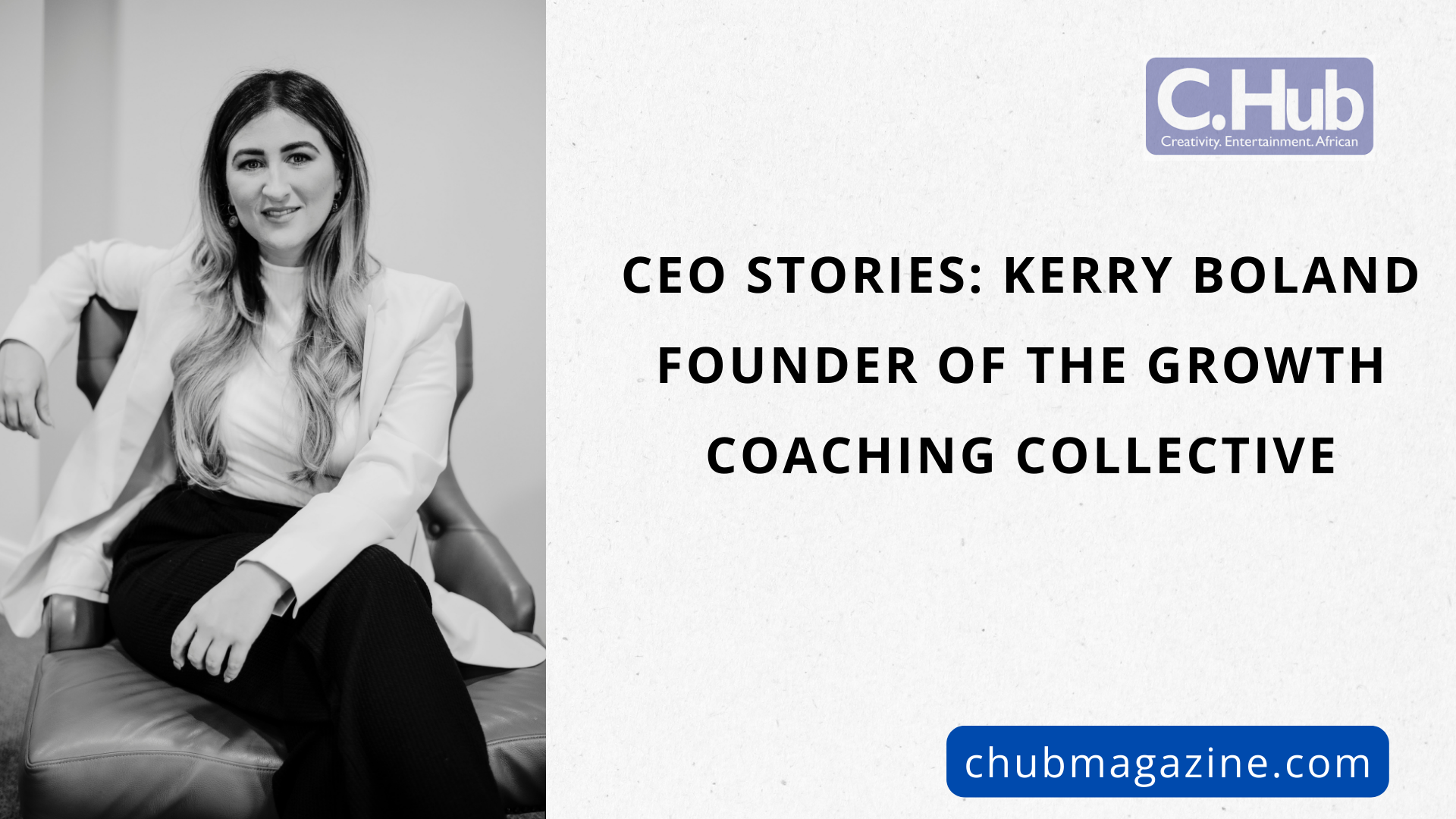

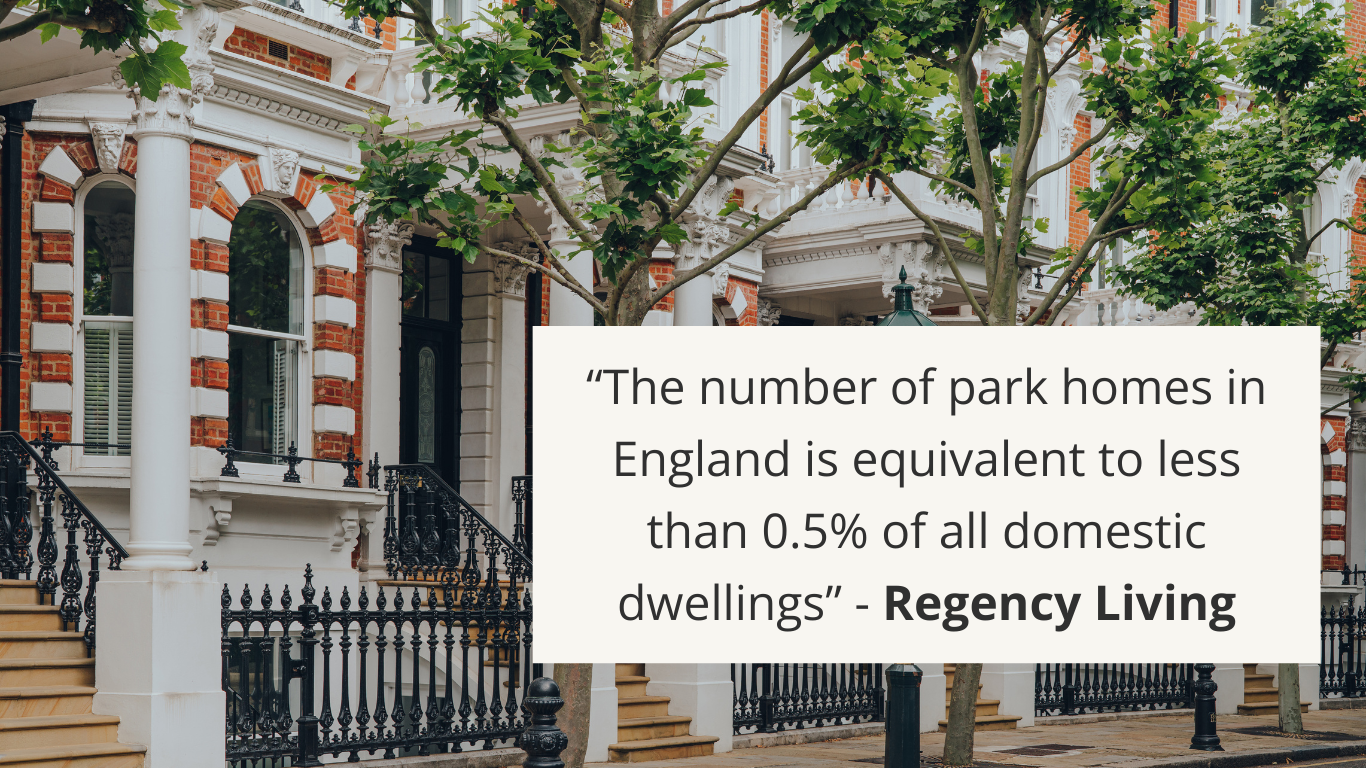

Comment